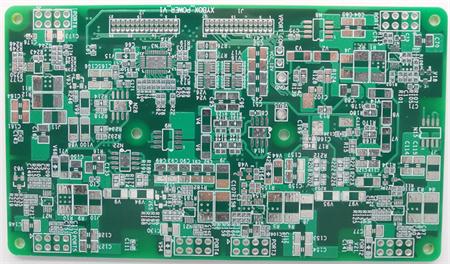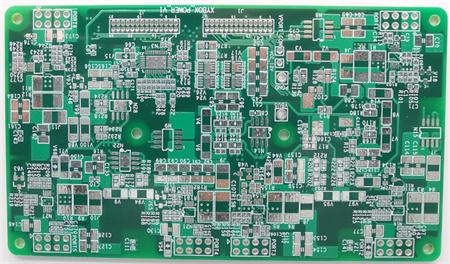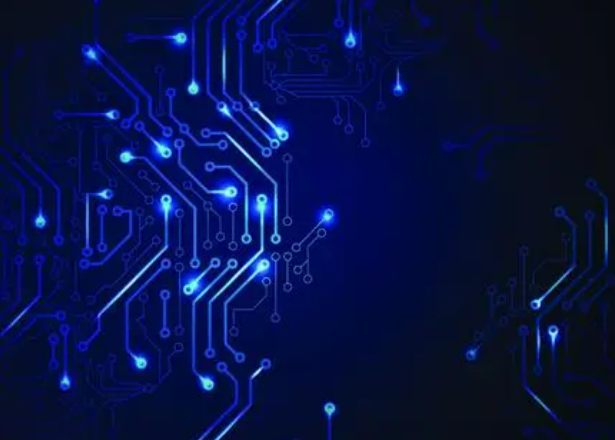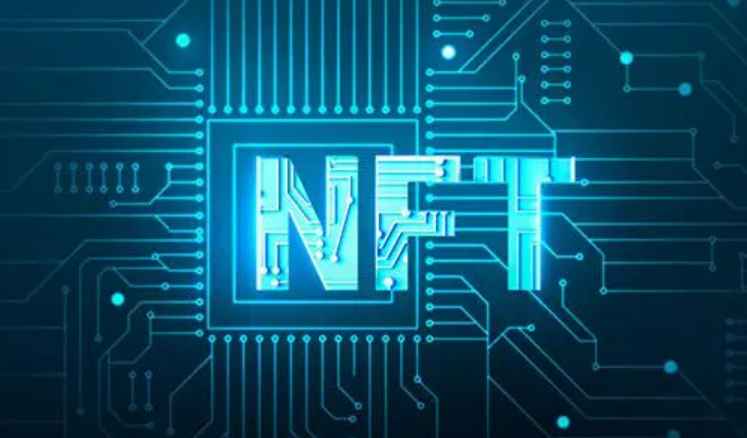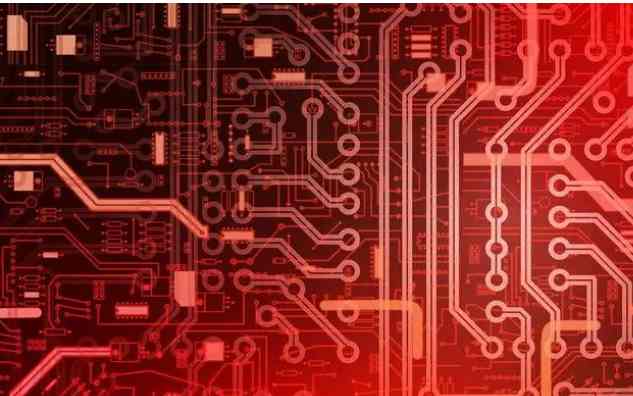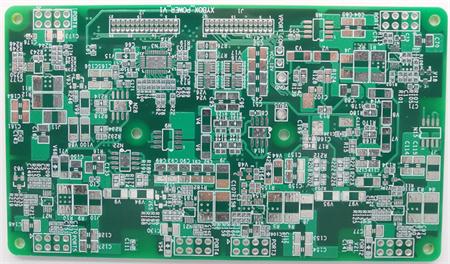
Making a PCB is not a simple process to complete the board, just drill a hole to make components. It is not difficult to make a PCB. The difficulty lies in troubleshooting after the completion of manufacturing. Whether you are an individual enthusiast or an industry engineer, you also have a headache when you encounter problems with PCB debugging, just like a programmer encounters a bug.
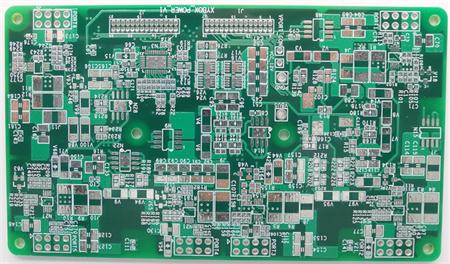
Some people have a strong interest in debugging PCB. Just like programmers are solving bugs, there are many common PCB problems. Common problems are not limited to circuit board design, damage of electronic components, short circuit, quality of components, and broken PCB circuit board.
Common PCB failures mainly focus on components, such as capacitors, resistors, inductors, diodes, triodes, FETs, etc. The integrated chips and crystal oscillators are obviously damaged, and the more intuitive way to judge these component failures can be observed through eyes. The surface of electronic components with obvious damage has obvious burning marks. Such faults can be solved by directly replacing the faulty components with new ones.
Of course, not all damage of electronic components can be observed with the naked eye. For example, the resistance, capacitance, diode and triode, etc. mentioned above, in some cases, the damage cannot be seen from the surface, and needs to be repaired with professional inspection tools. Common inspection uses include multimeter, capacitance meter, etc. When it is detected that the voltage or current of an electronic component is not within the normal range, It indicates that there is a problem with this component or the previous component. Replace it directly and check whether it is normal.
If a component is broken, it can be detected either by eye observation or by instrument detection. However, sometimes when we install components on a PCB, we encounter the situation that the problem cannot be detected, but the circuit board cannot work normally. Many novices have no choice but to make a new board or buy one. In fact, in many cases, the performance of components may be unstable due to the coordination of various components during installation.
In this case, the instrument has been unable to help. You can try to judge the possible range of faults according to the current and voltage, and try to reduce it as much as possible. An experienced engineer may be able to quickly determine the fault area, but it is not 100% sure which specific component is broken. The only way is to try to replace the suspect component until the problem component is found. Last year, the main board of my laptop was flooded. When I was repairing it for the master, I also encountered a failure that could not be detected. During the repair process, I replaced three components, namely the power supply chip, the diode, and the USB charging component (that is, the blue socket of the laptop, which can charge the device when it is turned off). Finally, I replaced the suspect chip through a wave of detection and troubleshooting, It was finally determined that a component near the Nanqiao chip was short circuited.
All the above are problems of electronic components. Of course, since PCB is the foothold of components, PCB failures must also exist. The simplest example is the dead tin part. Due to the manufacturing process, wire breakage may occur during PCB corrosion. In this case, if the wire cannot be patched, the problem can only be solved with fine copper wire flying wire.


